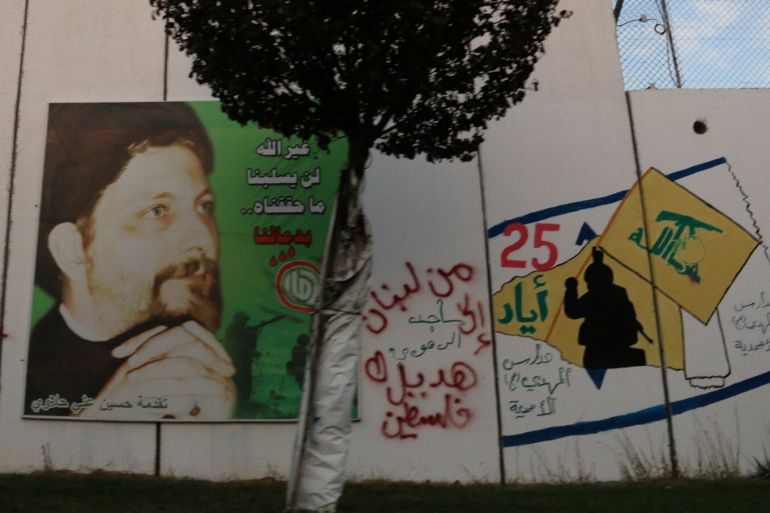Gaddafi and Lebanon’s ‘vanished imam’ who divided the Middle East
The disappearance of Shia leader Musa al-Sadr in 1978 continues to grip the region – and two powerful families.

It’s a story that brings together two powerful families in the Middle East. Musa al-Sadr, a revered figure in Lebanon’s Shia community, met with then-Libyan leader Muammar Gaddafi on August 31, 1978. He was never seen again. His mysterious disappearance has sparked decades of theories and accusations. In the hopes of finally forcing an answer, Lebanon has held Gaddafi’s youngest son, Hannibal, in prison since 2015 – though he’s never been tried. He’s now gone on a hunger strike, but al-Sadr’s family and devoted followers say there should be no concessions until they find out what happened to the “vanished imam”.
Keep reading
list of 4 itemsInside the Boy Scouts of America sex abuse scandal
After a deadly campaign, can Ecuador’s election bring peace?
How likely is military intervention in Niger?
In this episode:
- Ali Hashem (@alihashem_tv), Al Jazeera correspondent
Episode credits:
This episode was produced by Khaled Soltan, David Enders and our host Kevin Hirten, in for Malika Bilal. Miranda Lin fact-checked this episode.
Our sound designer is Alex Roldan. This episode was mixed by Tim St Clair. Our lead of audience development and engagement is Aya Elmileik. Munera Al Dosari and Adam Abou-Gad are our engagement producers.
Alexandra Locke is The Take’s executive producer, and Ney Alvarez is Al Jazeera’s head of audio.
Connect with us: